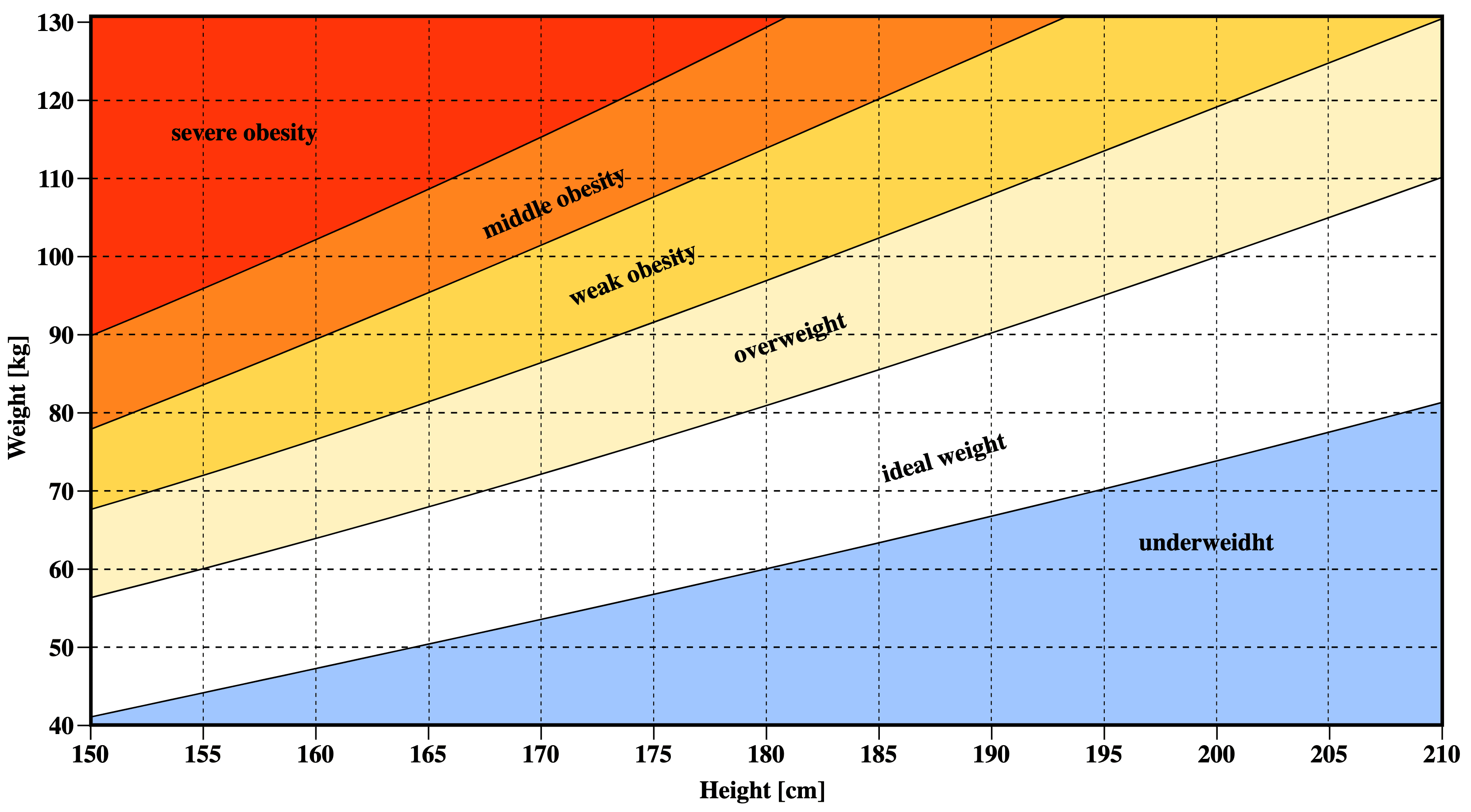
It’s widely known that obesity and chronic pain often go hand in hand. Many people who are obese also experience chronic pain, although we don’t always know which condition came first. What we can do is look at if the number of people who experience chronic pain has been trending up along with the number of people who are becoming overweight or obese.
Body mass index (BMI), is a person’s measure of body fat based on their height and weight. Those considered to be obese have a BMI of 30 or more. According to the Centers for Disease Control and Prevention, obesity prevalence had increased from 30.5% to over 42% since 1999.
Researchers set out to evaluate if there is a connection between the rise in obesity and chronic pain over the years. They published their findings in the December 2020 issue of the journal SSM – Population Health (2). The study looks at the contribution of obesity to the rise in the number of middle-aged adults who suffer from chronic pain.
The Research Conducted
To conduct the research, they evaluated data ranging from 1992 to 2016, with a survey being administered every two years to those who were over the age of 50. They included in their evaluation nearly 7,600 observations from well over 60,000 adults who were between the ages of 55 and 61. Calculating from the self-reported weight and height information of the BMI of the participants.
The researchers found that there was an increase in the BMI, which they believe accounts for 20% of the upward trend in mild to moderate non-limiting pain. They report that obesity and chronic pain are both serious public health concerns and that both conditions tend to have a negative impact on the other. They believe the relationship between the two are not always direct, but instead come from:
- Biomechanical
- Structural changes that are associated with such things
Some of those are:
- Obesity
- Mood disturbances
- Poor sleep
- Lifestyle choices
- Inflammation
Because of the finding that there is an increase in chronic pain for many people as the BMI increases, in which people are advised to focus on losing weight and living a healthier lifestyle. Both diet and exercise are beneficial for those with a high BMI, as well as those who have chronic pain.
This information supports prior research on the topic, published in the Journal of Pain Research in 2015 (3). In that study, researchers shared information about how the evidence strongly suggests that comorbid obesity is common in those with chronic pain. They also suggest that weight loss for obese patients is an important aspect of overall pain rehabilitation.
Those who work with chronic pain patients who are obese may want to make weight loss and healthy lifestyle changes a part of their treatment plan, if they are not already doing so.
Sources:
- Centers for Disease Control and Prevention. Adult obesity facts.
- SSM – Population Health. Increases in BMI and chronic pain for US adults in midlife, 1992 to 2016. December 2020.
- Journal of Pain Research. The association between chronic pain and obesity. June 2015.
USC’s Online Degree in Pain Medicine
Pain Medicine online degrees provide education to a wide variety of health professionals. Consider enrolling in our online, competency-based certificate or master’s program today!

